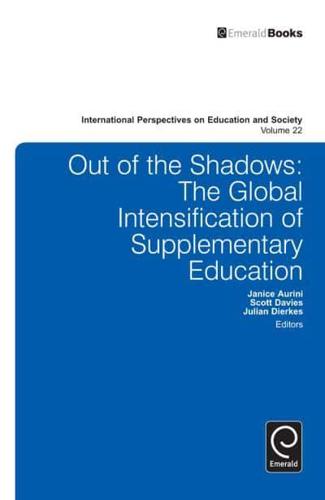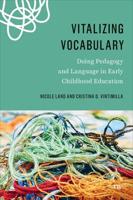Publisher's Synopsis
Supplementary education consists of private instruction that complements and sometimes 'shadows' formal school content. Providers range from informal and part-time tutors to highly institutionalized, multi-national corporate franchises. This phenomenon is growing worldwide and has many potential impacts on formal education systems. This volume is the first multi-national examination of this topic and includes 'big picture' analyses to comparatively explain the intensity, authority and policy contexts of supplementary education. Quantitative and qualitative case studies of countries with high and low intensity forms of supplementary education are detailed. The chapters aim to deepen comparative and interdisciplinary knowledge on the impact of these educational markets on formal school systems, and inform future research and policy on supplementary education.









